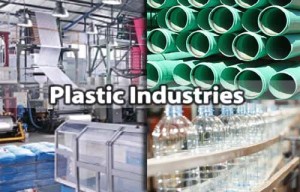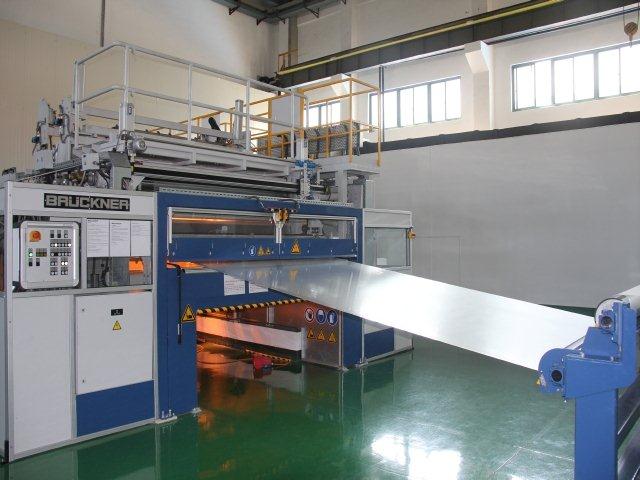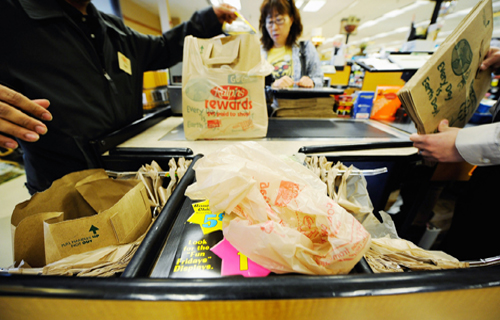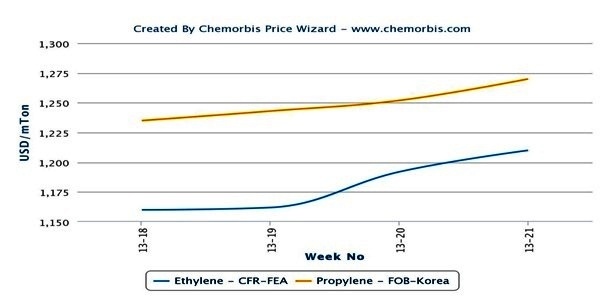Look on the side of a highway sometime and you might see them. Or along the railroad tracks or a stream. Maybe even between your toes at the beach. Tiny pearl-shaped pieces of plastic, known as pellets, are the building blocks for almost everything plastic, and they’re everywhere.
They’ve spilled out of petrochemical plants, rail cars, shipping containers and trucks. Large spills have soiled beaches in Louisiana and South Carolina. New research suggests more than 230,000 tons of pellets enter the ocean each year, contaminating the water and sickening birds, fish and other wildlife.
The oil and plastic industry, which makes the pellets, says it has programs in place to prevent any spills. But NPR and PBS’ Frontline found top officials have known about the problem for decades, even as they successfully fended off regulation that might have kept them in check.
The issue first came to a head back in February 1990. Oil and gas spills were already heavily regulated, but spills of pellets, made from oil and gas, were not — and still aren’t. And that year, the Environmental Protection Agency sent a troubling report to Congress. It found spilled pellets had become “ubiquitous” in the environment. It singled out the oil and gas industry, pellet manufacturers and transporters as possible culprits in the spills, which it said were harming wildlife.
Pellets are “the least conspicuous and therefore more often overlooked component of plastic debris,” the report found. “These are frequently ingested by marine life and are also found in substantial quantities on beaches.”
Resource: https://www.npr.org/2020/12/22/946716058/big-oil-evaded-regulation-and-plastic-pellets-kept-spilling








